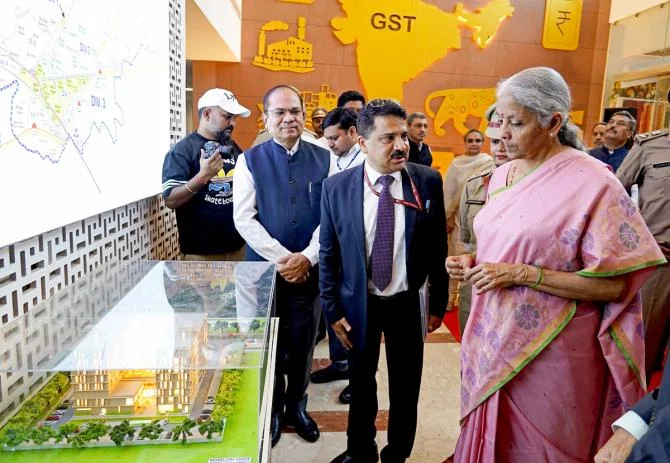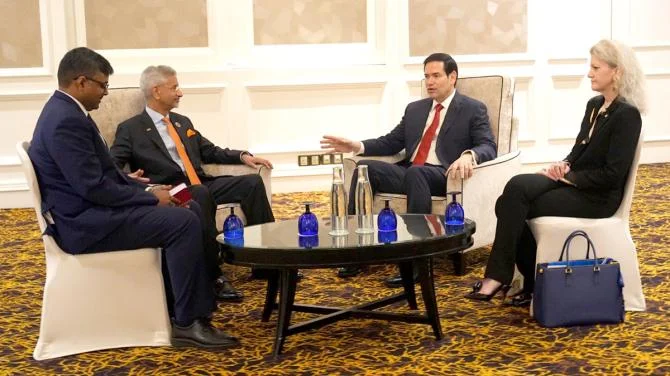Starting November 1, 2025, getting a GST registration in India will become much simpler and faster. Finance Minister Nirmala Sitharaman has announced that under the new system, most applicants will get automatic approval within just three working days.
This change is part of the government’s larger GST 2.0 reforms, which are meant to make tax compliance easier and reduce unnecessary human involvement in the process.
What’s New in the GST Registration Process
The new system will allow automatic registration in two cases:
System-selected applicants – Those identified as low-risk by the system through data analysis.
Small taxpayers – Businesses that declare their monthly GST liability as ₹2.5 lakh or less.
According to the Finance Minister, about 96% of all new GST applicants will benefit from this automatic approval route. That means faster processing, fewer delays, and less paperwork for most small and medium businesses.
A Shift from Policy to Action
While inaugurating the new CGST Bhawan in Ghaziabad, Sitharaman said that the government’s focus is now moving from creating policies to making sure they work effectively on the ground.
She encouraged central and state GST departments to implement these reforms smoothly and ensure that the system runs “by design, not by discretion.”
In simple terms, that means processes should be automatic and fair — not dependent on personal decisions or delays.
Respecting Honest Taxpayers
The Finance Minister also reminded tax officers to treat taxpayers with dignity and fairness. She said it’s important to stay firm against tax evasion, but honest taxpayers should never feel harassed.
“Taxpayers should feel they are treated honourably. If some people misuse the system, deal with them strictly — but don’t look at everyone with suspicion,” she told officials.
Other GST 2.0 Reforms
The new registration system is just one part of the broader GST 2.0 package. The government has also introduced:
Simpler GST return filing,
Rationalized tax slabs for better clarity,
Automated refunds to reduce waiting time, and
A risk-based audit system for more efficient checks.
Together, these changes are designed to make India’s GST system more efficient, fair, and growth-oriented.
Better Support for Taxpayers
Sitharaman also directed that all GST Seva Kendras across India should be well-staffed, accessible, and regularly audited. Each centre must have a helpdesk to guide taxpayers, especially small business owners, during the registration and filing process.
She also spoke about the need for honesty and accountability within the tax department.
“Disciplinary cases against officers should be resolved quickly,” she said, adding that swift action builds trust and shows that the system doesn’t tolerate wrongdoing.
She quoted a simple but powerful line:
“Galat kiya toh khair nahi, sahi kiya toh koi bair nahi” — meaning, “Those who do wrong won’t be spared, but there’s no enmity with those who do right.”
Record-Breaking Festive Sales
Sharing some good news, the Finance Minister mentioned that, according to CAIT (Confederation of All India Traders), this year’s Diwali retail sales hit a record ₹6.05 trillion — a massive 25% increase from last year.
Interestingly, 87% of shoppers preferred Indian-made products, and 72% of traders said that recent GST rate cuts on common goods like footwear, home décor, and consumer durables helped boost sales.
The Road Ahead
Sitharaman ended her speech on an optimistic note, saying that continued reforms and teamwork between the government and taxpayers will lead to better compliance and stronger revenue growth.
“Our goal is to make life easier for honest taxpayers. If we stay firm against the dishonest ones, economic growth and prosperity will follow.”
The new GST registration system is a big step toward ease of doing business in India. For small entrepreneurs and startups, it promises less red tape, quicker approvals, and a more transparent experience — exactly what India needs to keep its growth story strong.







No comments yet. Be the first to share your thoughts!